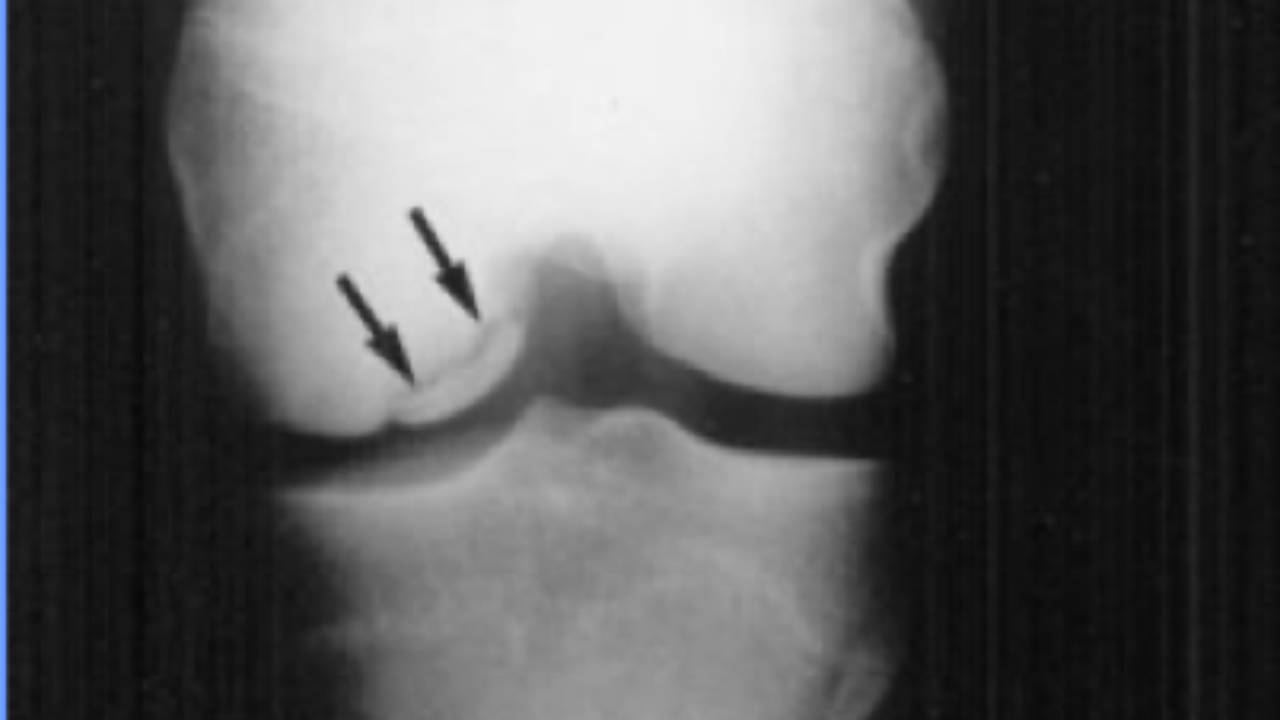
Q&A: Coming Back Strong After Cartilage Surgery with Dr. Logan
Jun 08, 2025Cartilage injuries can sideline even the toughest athletes—but they don’t have to end your game. Here’s what you need to know about bouncing back after knee cartilage surgery, building strength, and staying mentally strong through it all.
❓Q: What exactly is cartilage surgery—and how is it different from ACL or meniscus surgery?
A: Cartilage surgery addresses damage to the smooth, shock-absorbing tissue in your knee joint. Unlike an ACL tear (which involves a ligament) or meniscus repair (which involves fibrocartilage), cartilage procedures—like microfracture, osteochondral allograft/autograft, or MACI—aim to restore the actual lining of the joint. These surgeries often require a longer, more structured recovery with strict weight-bearing limitations early on.
❓Q: When can I return to sport after cartilage surgery?
A: This depends on the type of surgery, the size and location of the lesion, and your sport-specific demands. On average:
-
Microfracture: Return to sport in 6–9 months
-
MACI (cartilage implant): Closer to 9–12 months
-
Osteochondral grafts: Often 8–12 months
But timelines vary. The key is progressive loading, patience, and joint preservation—not rushing.
❓Q: What’s the toughest part about this recovery?
A: Two big hurdles:
-
The mental side—feeling like you're falling behind, worrying about re-injury, or losing your identity as an athlete.
-
The slow start—you may feel great before you're allowed to do much. Trust the process.
This is where a resilience strategy matters just as much as a rehab plan.
❓Q: What can I do mentally to stay strong?
A: Great question. Here are some game-changing mindset tips:
-
Set small wins weekly. Instead of focusing on "return to sport," focus on things like, “I walked pain-free today,” or “I hit my quad activation goal.”
-
Use visualization. Walk through drills, practice, or your return to play mentally. It helps wire the brain for confidence.
-
Anchor your identity. You are more than an injury. This is a season—not your story.
-
Join a community (like the Unbroken Comeback Program) for structure, support, and coaching.
❓Q: Can nutrition help my cartilage heal?
A: Absolutely. Your recovery hinges on anti-inflammatory, collagen-supportive, and muscle-preserving nutrition. Prioritize:
-
Protein: At least 1.6–2.2 g/kg per day to maintain muscle and aid healing
-
Collagen + Vitamin C: Pre-rehab intake (30–60 mins before loading sessions) can support cartilage and tendon health
-
Omega-3s: Can help reduce joint inflammation
-
Hydration: Cartilage is 70–80% water—don’t neglect fluid intake
❓Q: How do I know when I’m mentally and physically ready to return?
A: It’s not just about the knee—it’s about the whole athlete.
Ask yourself:
-
Can I train without pain or swelling?
-
Do I trust my knee during cutting, jumping, or deceleration?
-
Am I confident, not cautious, during drills?
-
Have I rebuilt my endurance, mobility, and sport-specific skills?
Also, consider mental readiness scales, return-to-sport testing, and feedback from your rehab team. The Unbroken Comeback program includes tools for both physical and psychological clearance.
In summary...
A cartilage injury is tough—but it’s not the end. With the right strategy, mindset, and support, you can come back stronger, smarter, and more resilient than ever.
💪 Need help building that plan?
Explore @theunbroken_athlete for athletes recovering from knee surgery—designed by athletes, surgeons, and mindset coaches who’ve lived it.

